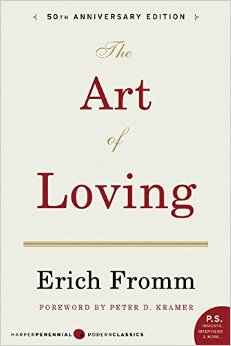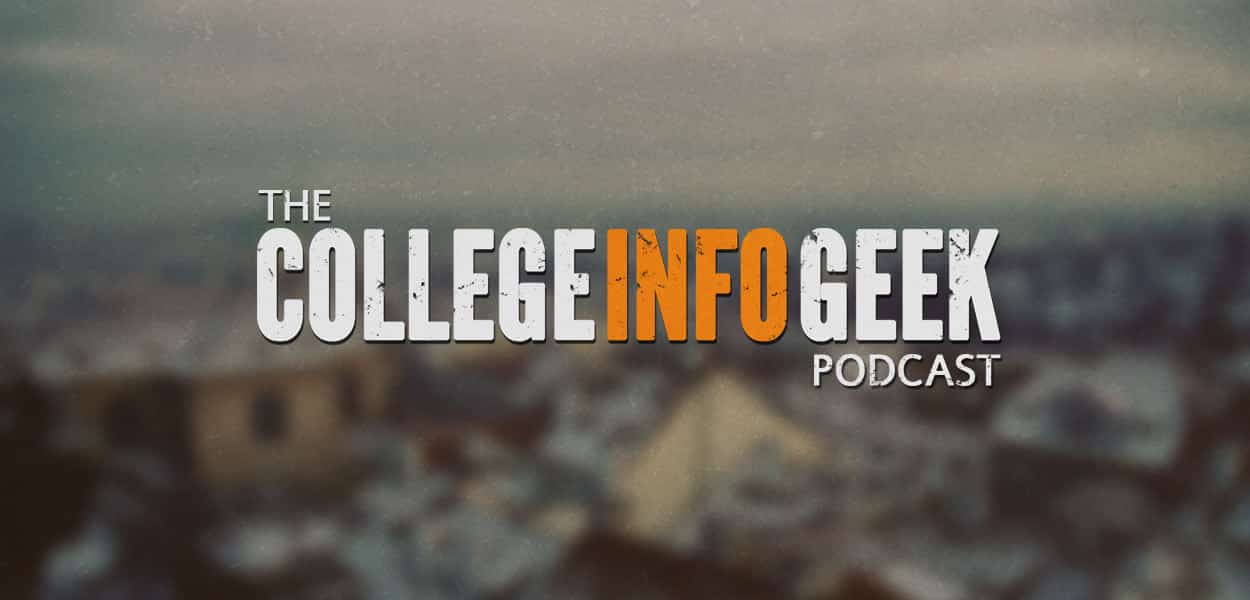 I was sitting in an NYC hotel room four years ago when my friend Sean told me I needed a plan for jumping ship.
I was sitting in an NYC hotel room four years ago when my friend Sean told me I needed a plan for jumping ship.
Running a college website was a gig with an expiration date, he said. Eventually, I’d graduate, move on to the next stage of my life, and steadily lose touch with the lifestyle of a student. Essentially, I’d run out of things to say.
I stressed out about that for a good long while. I thought long and hard about it, because he had me convinced – and for good reason.
The college-success corner of the blogosphere was pretty small at the time, and most of the big players moved on when they graduated. Cal Newport shifted his focus from student life to careers. The guys who started HackCollege moved onto new projects entirely. I figured I was next.
Lots of ideas for new projects percolated up the surface. I always liked shaky metaphors and combinations of weird things, so I considered starting a blog that pulled business lessons from video games – sorta like I did with The Mutant Guide to Studying for Finals. I also liked fiddling with WordPress stuff, so I also considered starting a WordPress tips blog.
However, both of those ideas were born mainly out of fear – the fear that I’d get too old to keep writing for students. Fortunately, my stubbornness won out over the fear – I decided not to start those projects; instead, I’d see if I could make CIG keep working even after graduation.
Looking back, I’m so glad I did. Eventually, I realized that Sean was partly right – I did lose some of the in-the-trenches perspective I had when I was a student. It’s harder now for me to write an article about dorm hacks. I can’t do another Internship Experience series.
However, I also realized that I could still be valuable, even without that perspective. In fact, I could be even more valuable, perhaps – without classes or a job filling up my schedule, I had time to put tons of research into my content, letting me up the quality factor.
Additionally, I came to realize that college is more similar to other points in life than we usually think it is. Sure, the dorms, lecture halls, and 2 A.M. trips to Mr. Burrito make it seem a lot different – but the nature of the goals we have and the skills we need to use on a daily basis aren’t much different.
- Setting and achieving smart goals
- Learning more effectively
- Becoming more productive
- Having better relationships
- Being happy
…none of these things are exclusive to college life. They’re meaningful to us before we go off to college, and they remain meaningful after we graduate as long as we don’t let ourselves become cynical and complacent. They’re still meaningful to me.
And so I realized I could keep creating things for students, even though I wasn’t one. As I’ve continued to do this every day for the past three years since graduating (yep, three!), and as I’ve continue to push myself to keep learning and growing, I’ve also realized something really cool: I have a ton of flexibility in what topics I can choose to cover here.
College Info Geek isn’t like Listen Money Matters (the other podcast I co-host). With that show, every episode has to somehow be related to money, because it’s a personal finance podcast. CIG, on the other hand, has always been focused on the intersection of “success” (a pretty vague concept) and a stage of life – the college years. That second qualifier has started to expand as well; since I started making videos, probably half of my audience is now made up of high and middle-schoolers (judging by the emails I get, anyway).
That meant that every topic under the “college” umbrella is pretty much fair game (study tips, dorm hacks, scholarships, internships, etc)… but I could also cover anything that could help a student be more successful. That includes a lot of different topics, like I mentioned above – productivity, relationships, happiness.
It is not, unfortunately, a wide enough topic pool for me to justify an episode where I just rave about Captain America: Civil War… but I digress.
This wide topical breadth has allowed me to explore some ideas in which I have great personal interest here on the show: learned helplessness, rationality, brain science. So far, no one has called me out for going too off-topic for covering those, and the download numbers haven’t tanked either.
So today, we’re jumping into another topic that I have a great personal interest in, which probably doesn’t fit the mold for a “college podcast”: Love.
Featured Book
 This episode is an in-depth analysis of Erich Fromm’s book The Art of Loving, which was published in 1956.
This episode is an in-depth analysis of Erich Fromm’s book The Art of Loving, which was published in 1956.
Fromm was a German psychologist and psychoanalyst who wrote more than 30 books, though The Art of Loving is by far his most popular and influential work. In the book, Fromm looks at love as an art, meaning he views love not as a state of being, but as an ongoing action which requires discipline and practice to master.
A short work (around 120 pages), the book is broken into three distinct parts. Fromm starts off with the Theory of Love, where he establishes what he believes to be the most fundamental truth about human existence – that as sentient beings aware of our own mortality, we are “separated” from the rest of nature… and that we are desperate to escape that separation.
We do so by connecting with other people in several different ways – child/parent bonds, shared “orgiastic” experiences (sex/drugs), rigid societal structures where everyone fits in through common conventions, religion, and erotic love.
He goes on to explain the different types of love – parental, brotherly (which he extends to include the love of all people), religious, erotic, and self-loving. His arguments about self-love are some of the most interesting in this section; for Fromm, self-love is actually the opposite of selfishness, and a person can’t properly love others if he/she is unable to love him/herself.
In the second section of the book, Fromm argues that western society, by way of capitalism, is set up to discourage people from loving properly. He insists that capitalistic society commoditizes everything – people’s labor is maximized in order to be traded for dollars, consumerism and materialism are put on a pedestal, and relationships are formed superficially, as people define desirability as a combination of looks, status, and financial wealth.
Personally, I agree somewhat with his conclusions, though they don’t lead me to a hopeless conclusion about life in our present society. Rather, they simply reaffirmed the importance of being mindful of my path; of carefully considering why I want what I want, and of continually keeping in mind that my relationships are more important than other things.
The last section of the book is the shortest, and it goes over the practice of loving – though Fromm is quick to point out that this is not a self-help book. Instead of listing out a bunch of quick tips, this section more concretely establishes the concept that love is an art, and must be practiced as such.
First, Fromm establishes the characteristics a person must cultivate to become a master of any art:
- Discipline
- Concentration
- Patience
Afterwards, he focuses in on the art of love in particular, noting that its mastery also requires overcoming narcissism – framing every event in a self-interested point of view – and becoming objective.
Overall, I found that this book was just as much about becoming a better person as it was about improving at the art of loving, and that’s why I recommended it to Martin and decided to talk about it on the show.
Things mentioned in this episode:
Want more cool stuff? You can find all sorts of great tools at my Resources page.
If you enjoyed this episode, subscribe to the podcast on iTunes! It’s easy, you’ll get new episodes automatically, and it also helps the show gain exposure 🙂 You can also leave a review!
Here’s an image for sharing this episode on social media:



